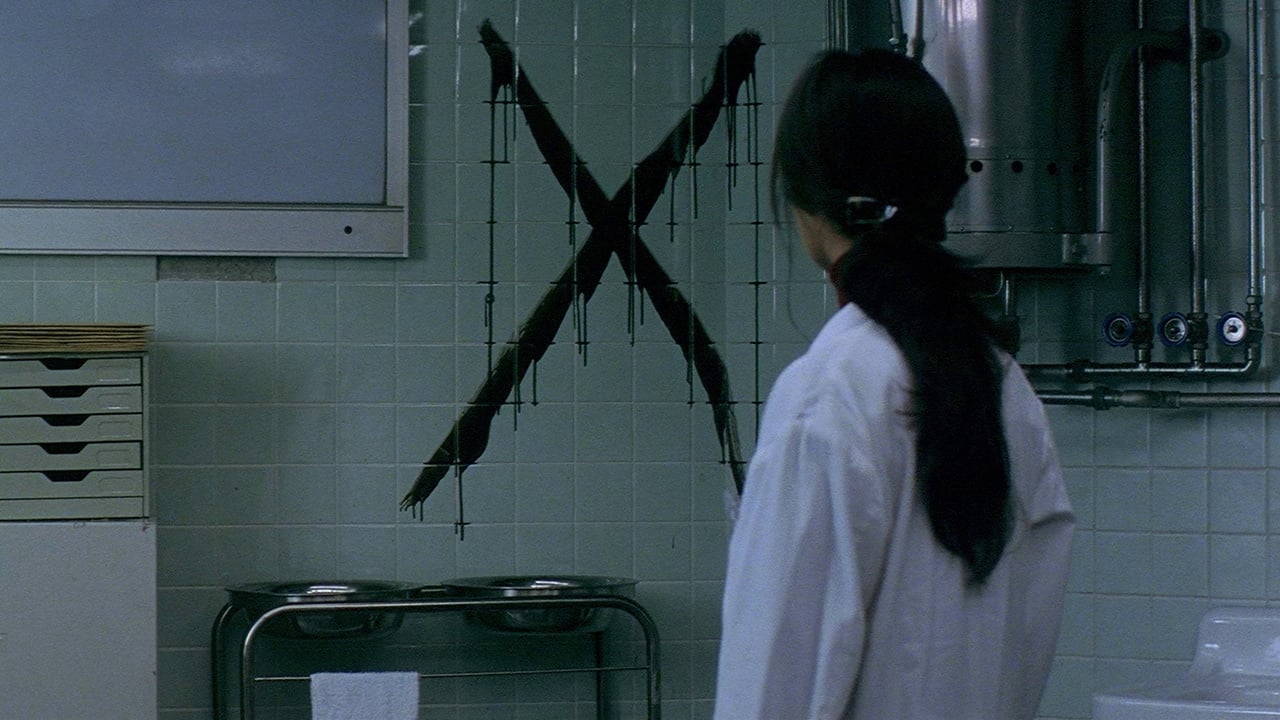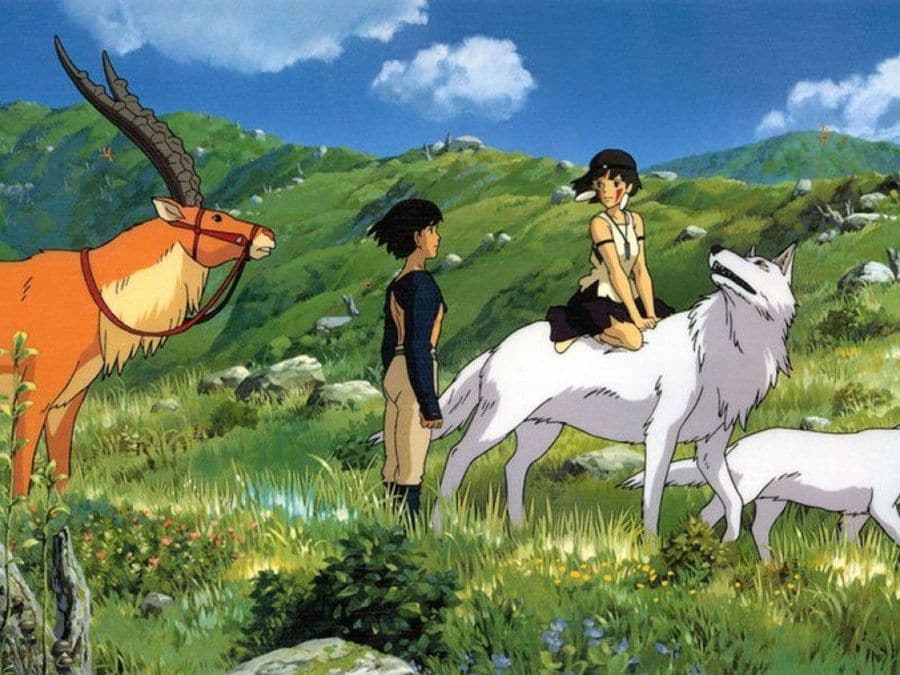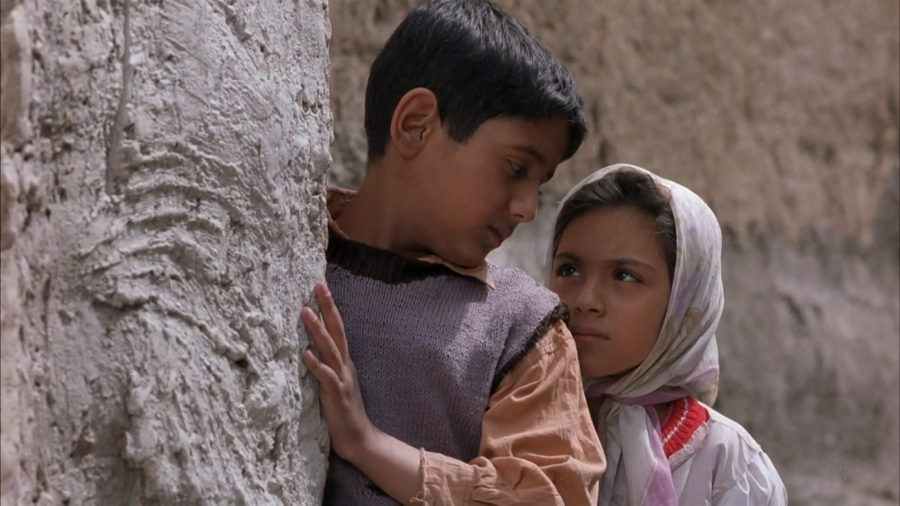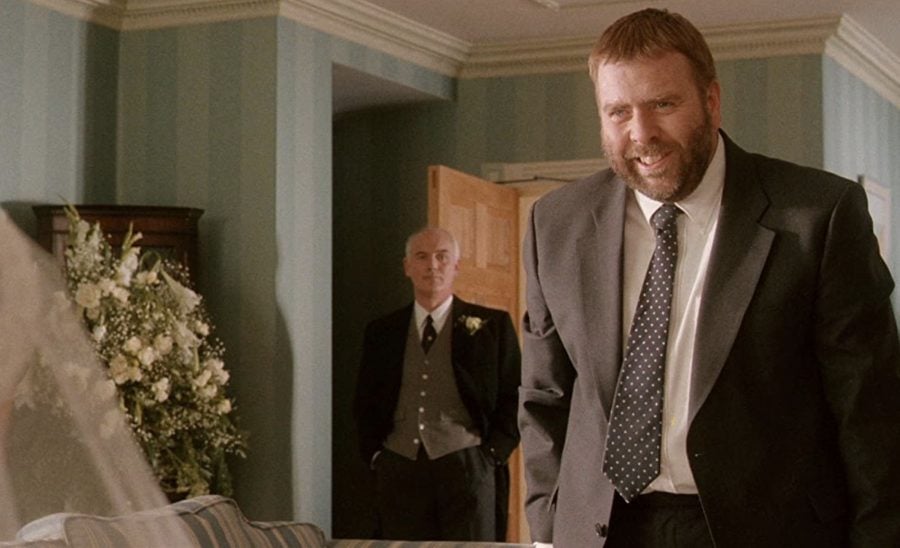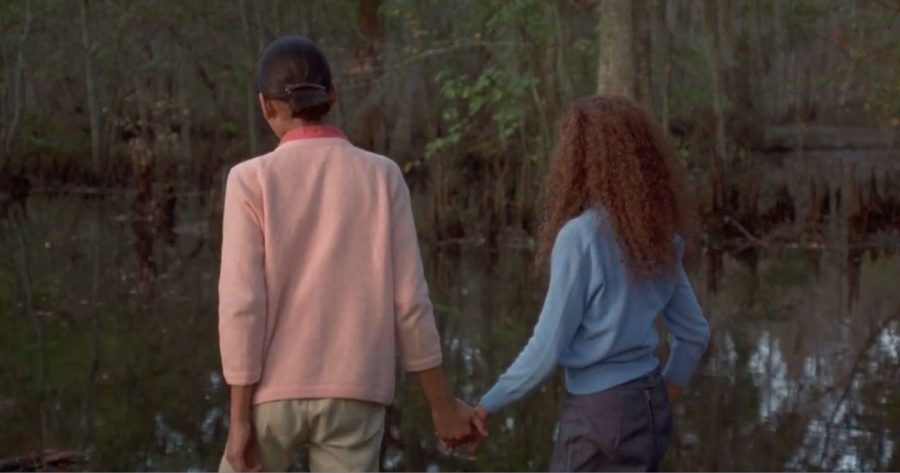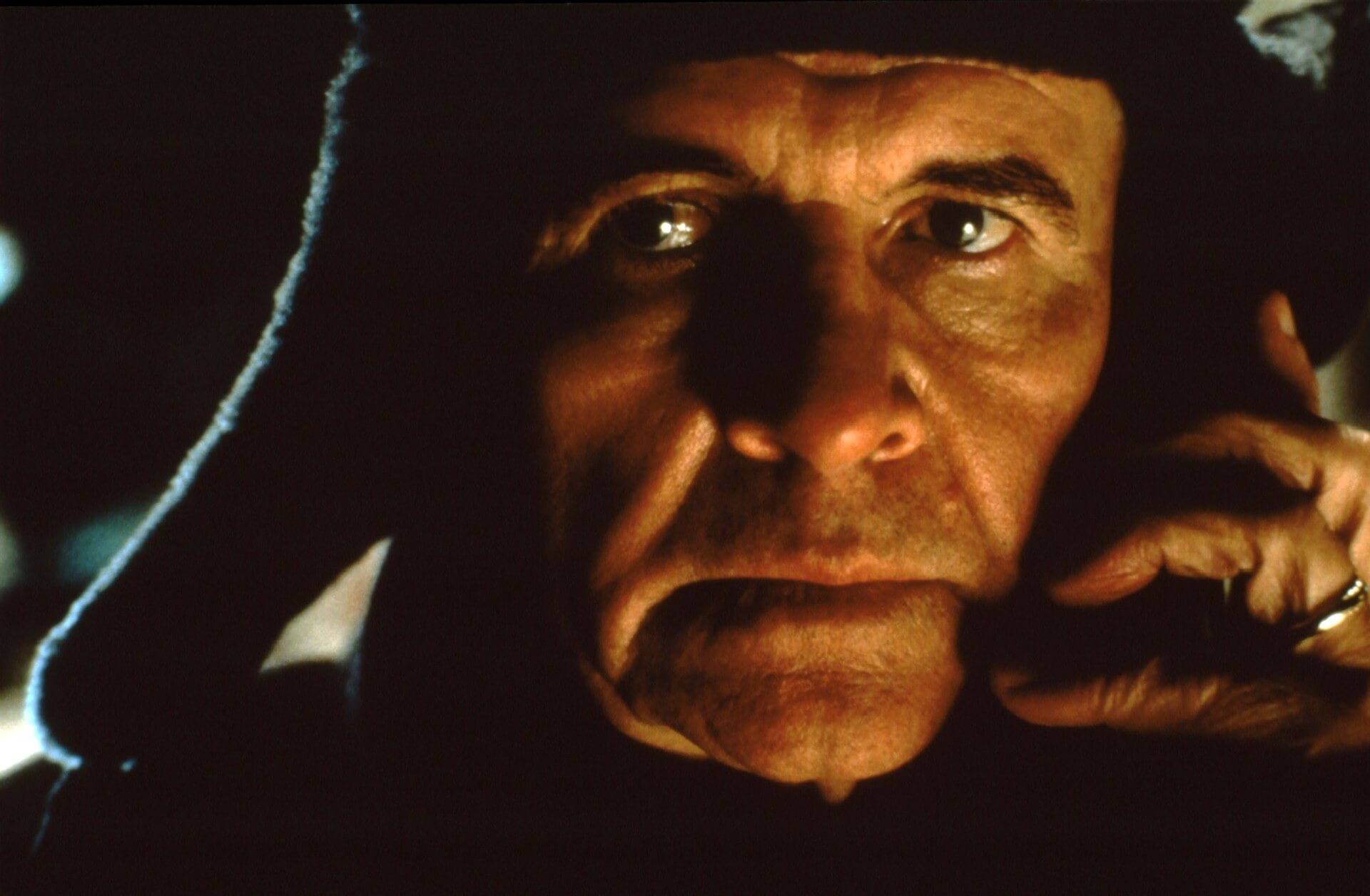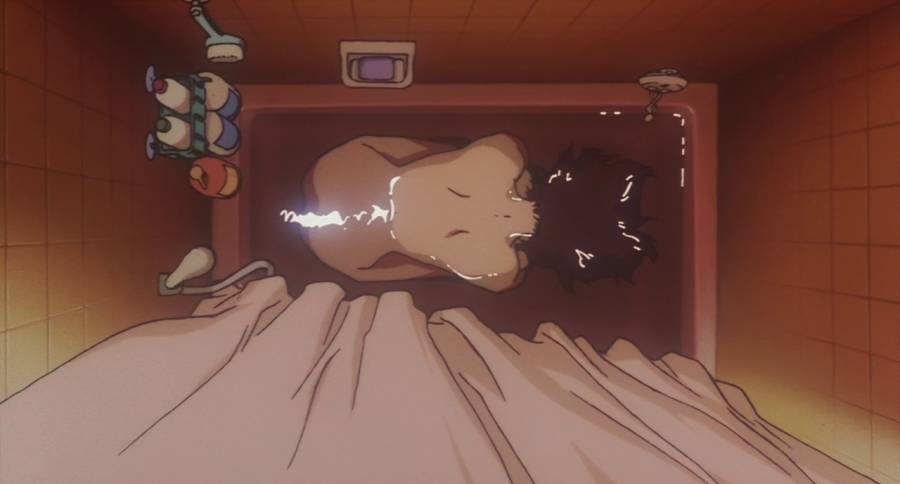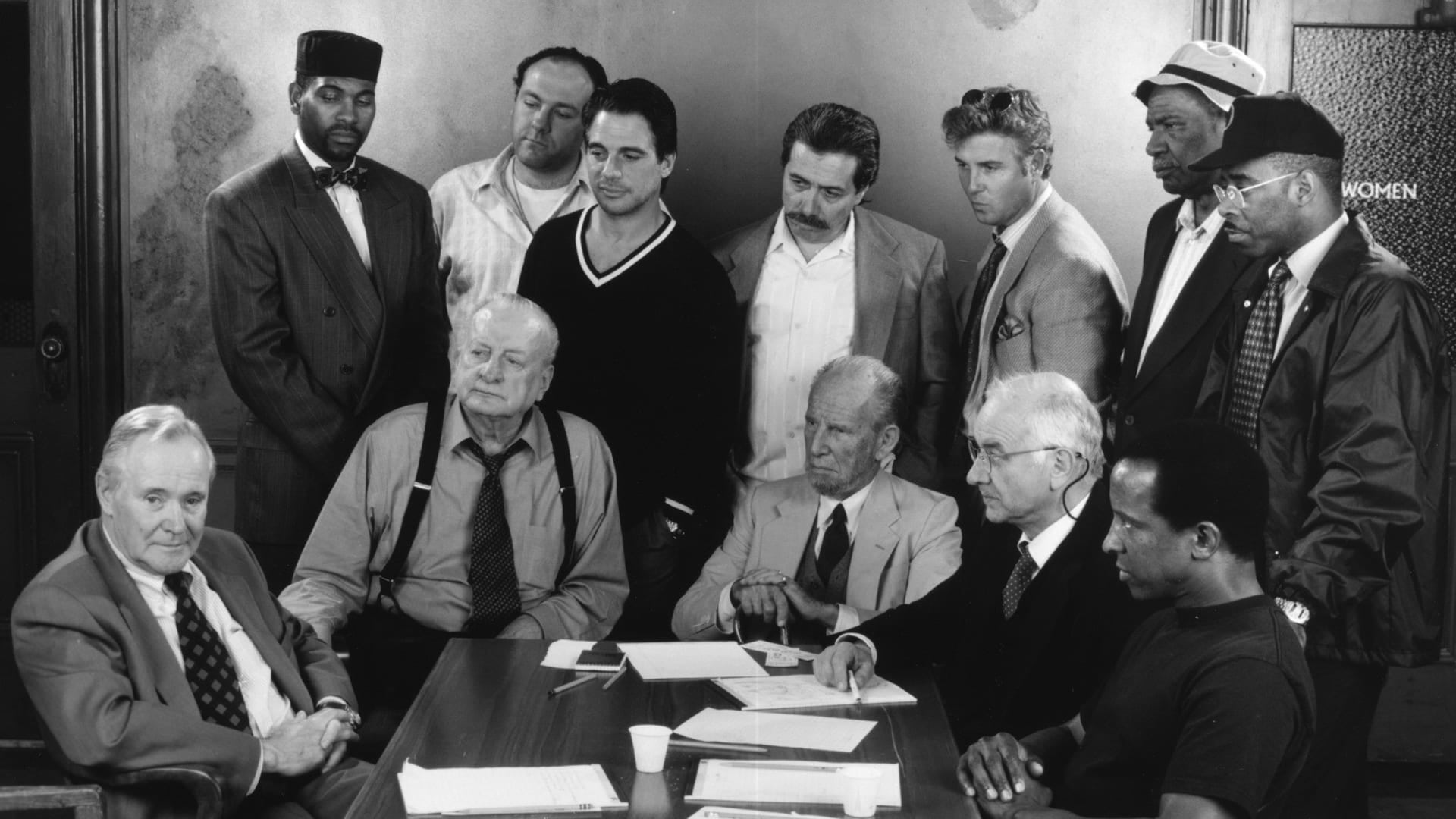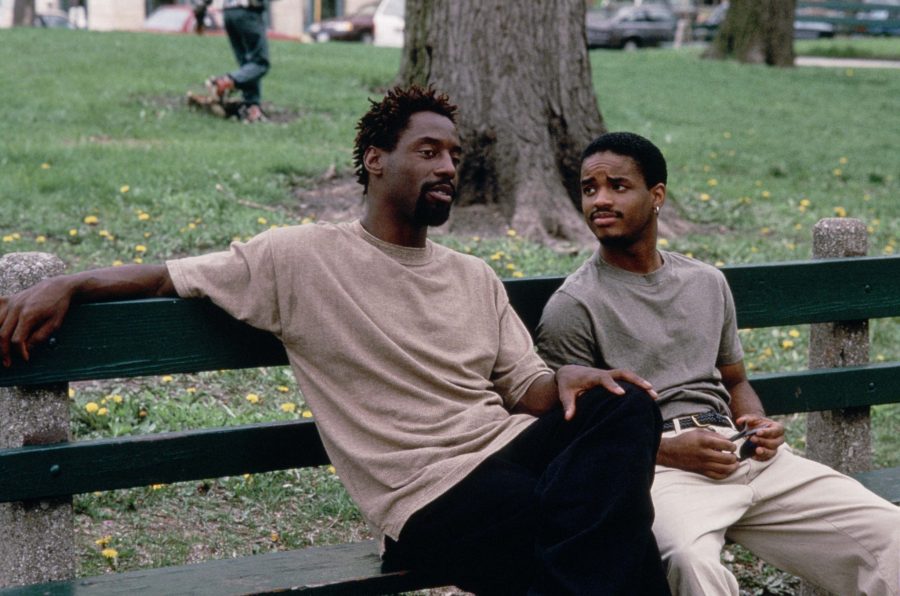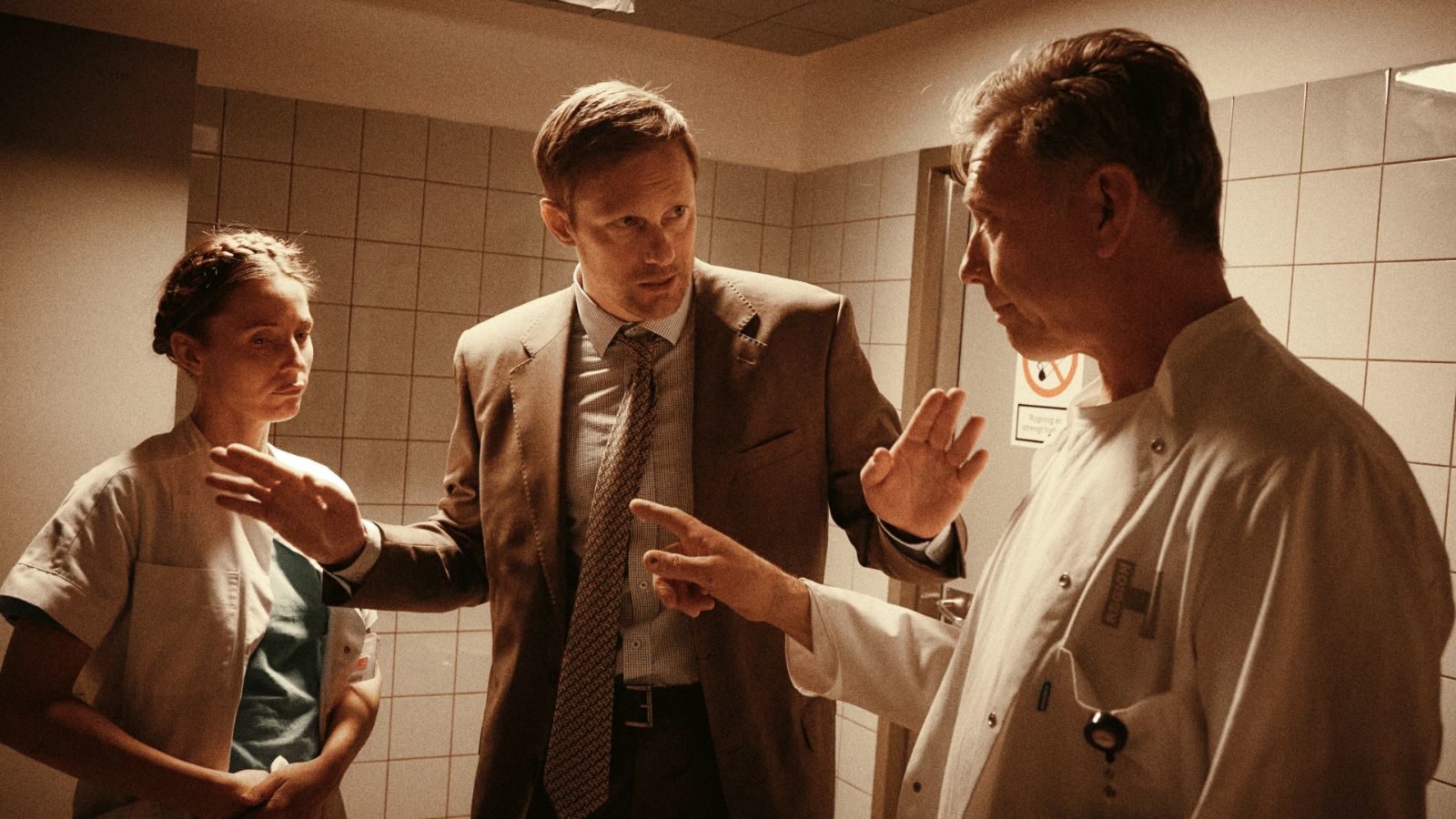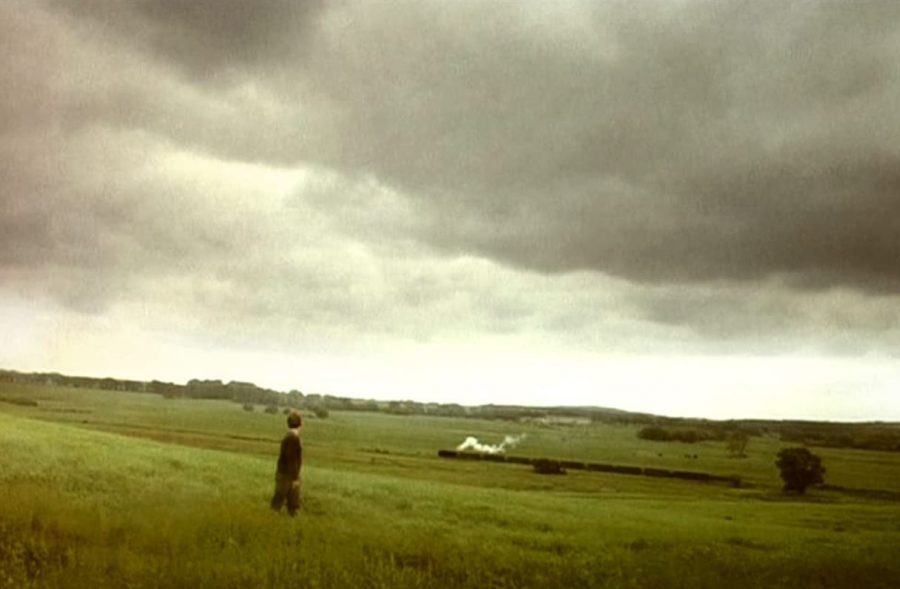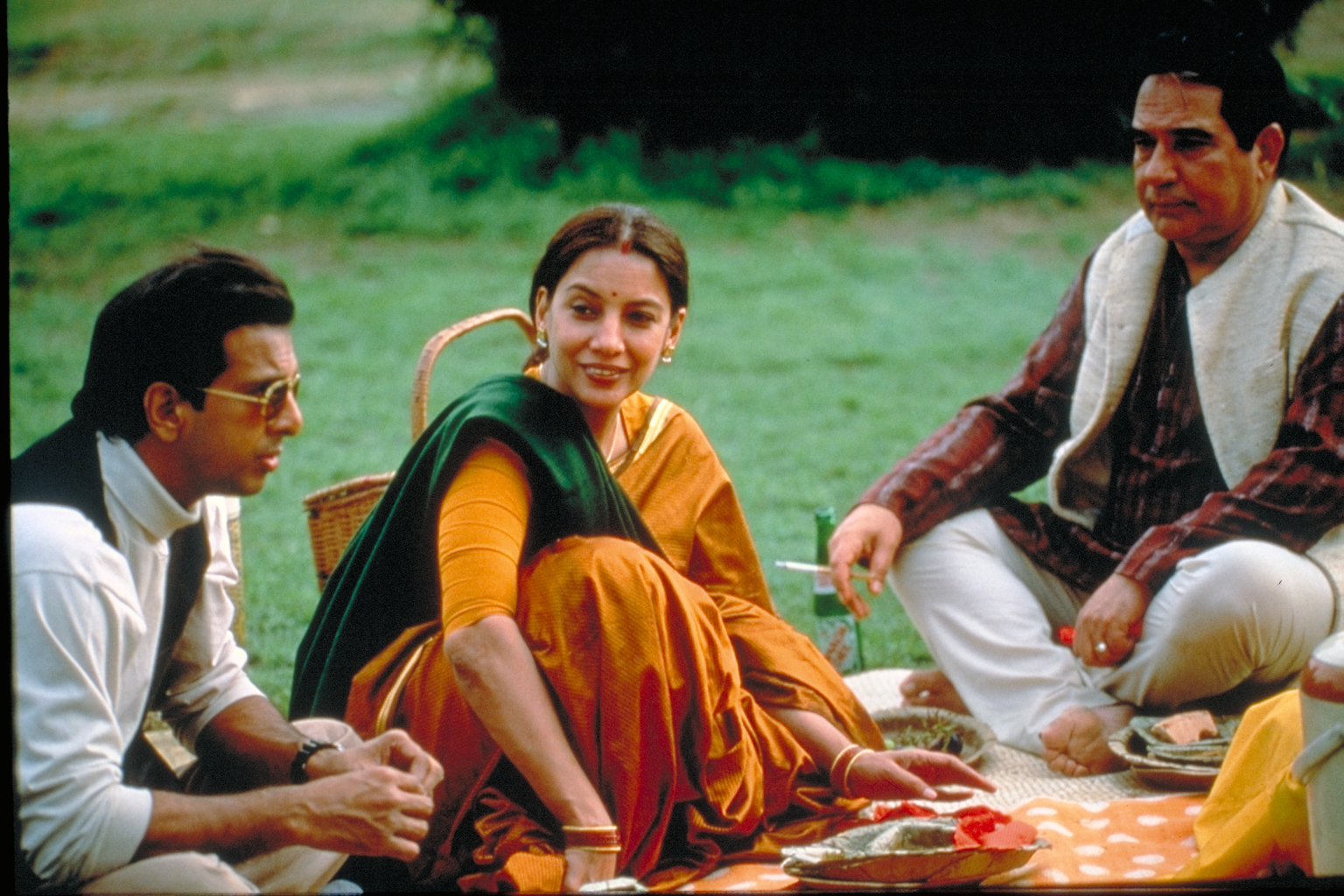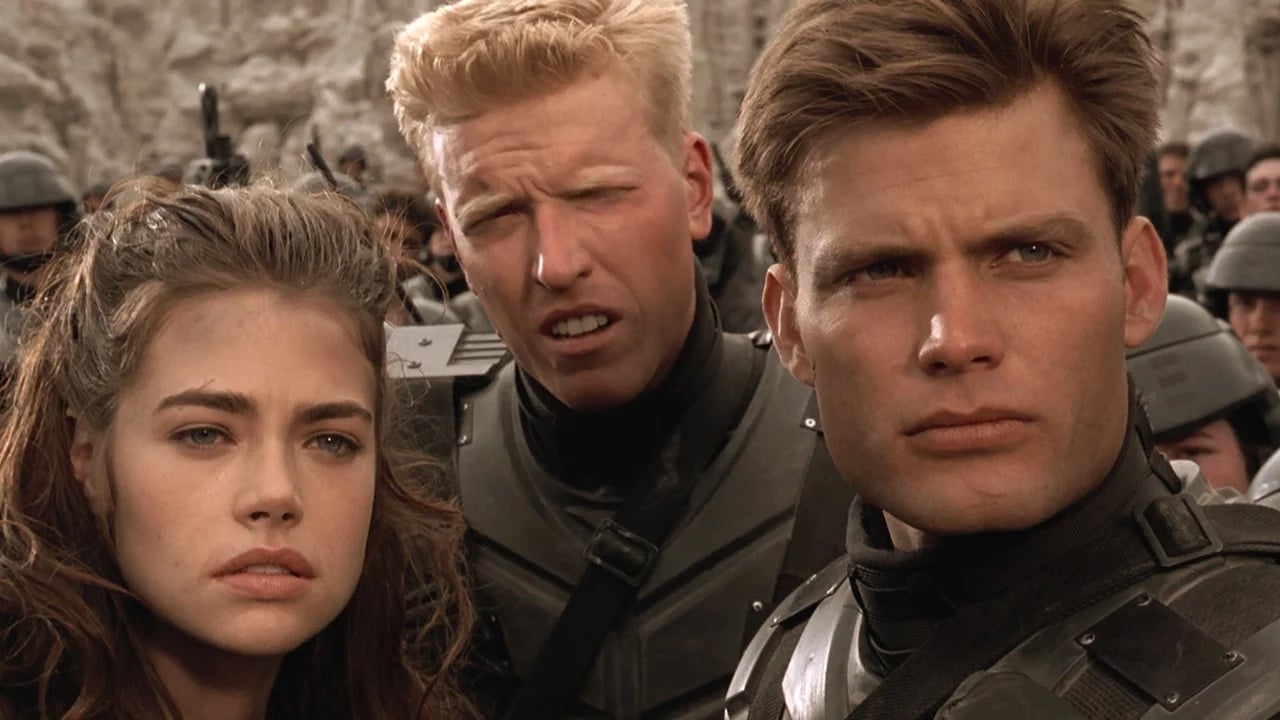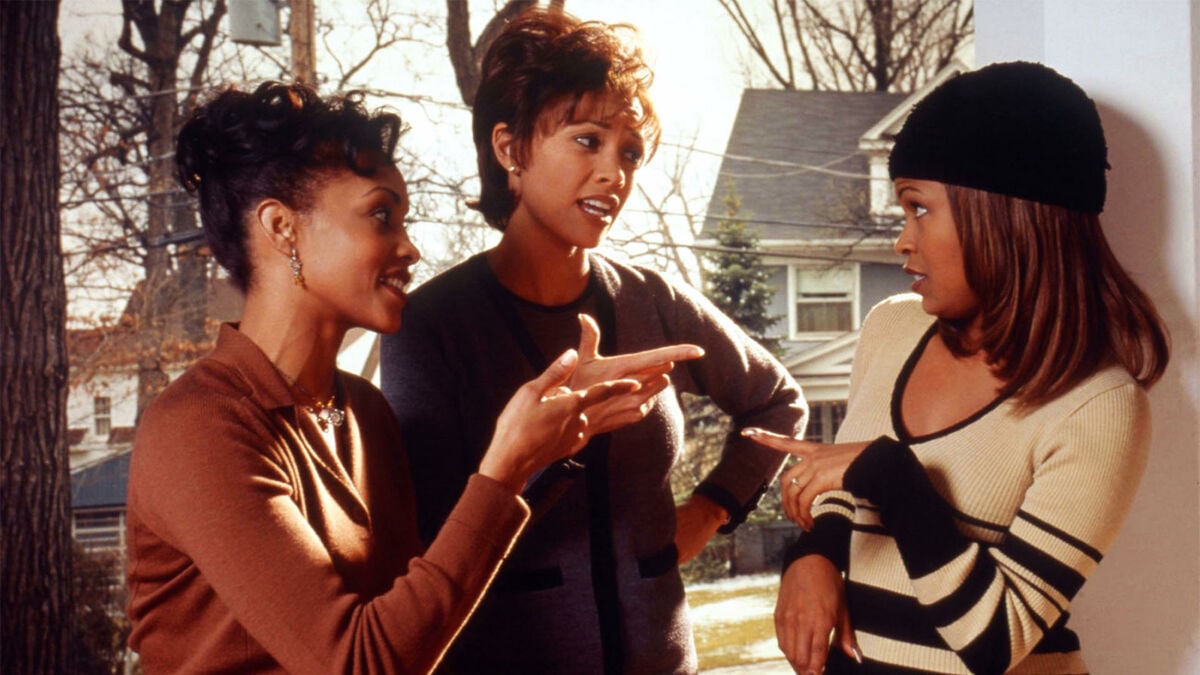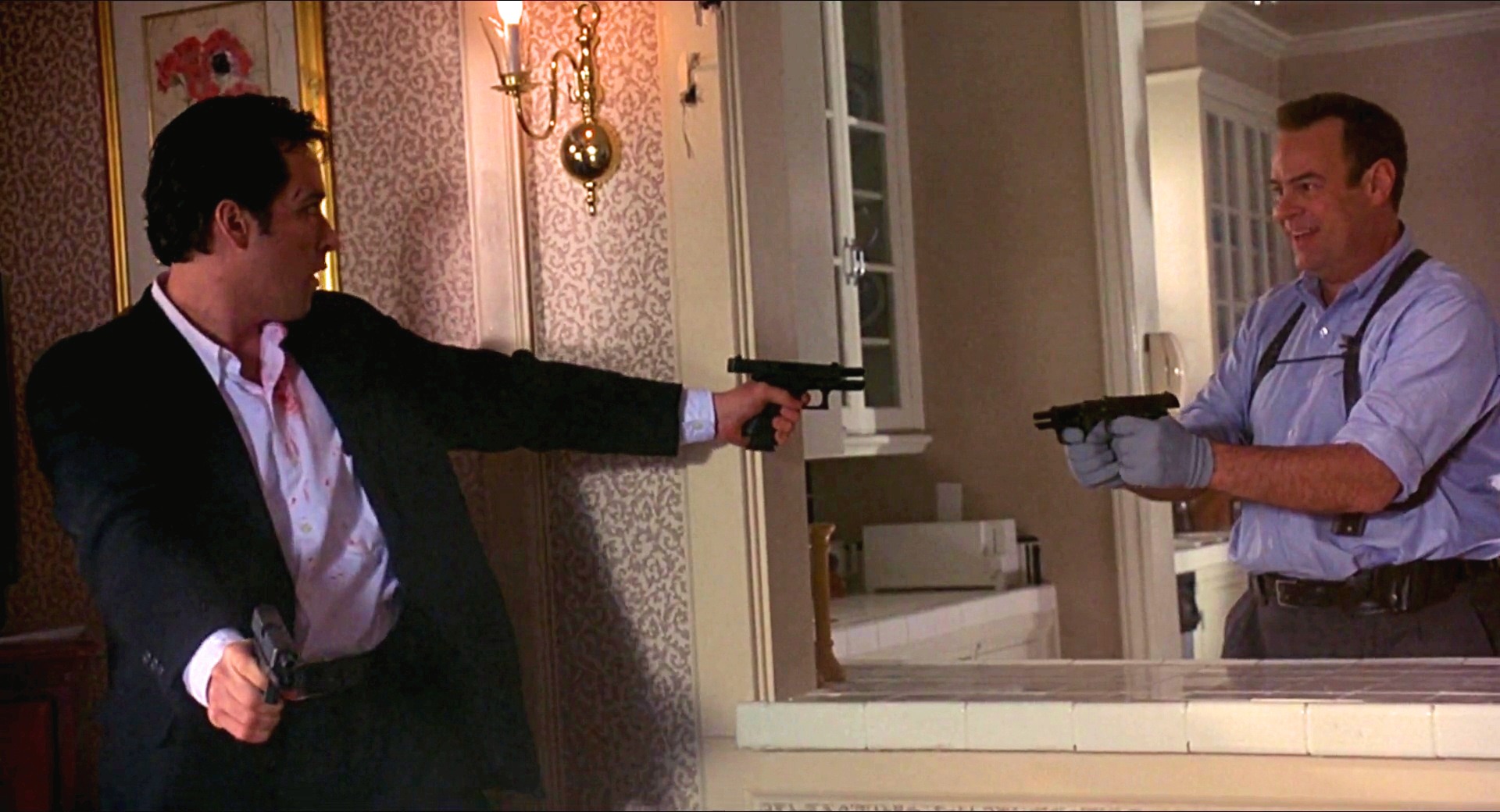Cure is about a mad society, where both cure and sickness might be one and the same. Director Kiyoshi Kurosawa subverts the police procedural into an interrogation without definite answers, an abstract study on the evil that resides and is suppressed in every person’s heart. Unlike most horror films, Cure’s scares are left in plain sight, hypnotically mesmerizing as they are gruesome, with a sense of mundanity associated with other Japanese masters like Ozu or Kore-eda. “At the time it just seemed the right thing to do,” a man answers when asked why he killed his wife, and it is this contradictorily calm, nonchalant demeanor that creates a feeling of unease in the film’s horror aesthetic.
Genre: Crime, Drama, Horror, Mystery, Thriller
Actor: Akira Otaka, Anna Nakagawa, Denden, Hajime Tanimoto, Kōji Yakusho, Makoto Kakeda, Makoto Togashi, Masahiro Toda, Masato Hagiwara, Misayo Haruki, Ren Osugi, Shôgo Suzuki, Shun Nakayama, Taijirō Tamura, Takeshi Mikami, Taro Suwa, Tsuyoshi Ujiki, Yoriko Dōguchi, Yukijiro Hotaru
Director: Kiyoshi Kurosawa

